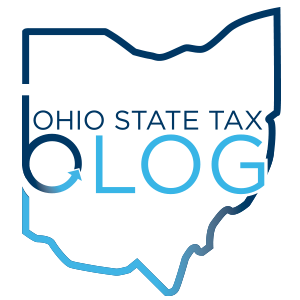Proposed settlement of Walmart sales tax class action calls for at least $3 Million to be reimbursed to customers.
Plaintiffs filed a class action complaint last May against Wal-Mart Stores Inc. in the U.S. District Court for the Northern District of Ohio alleging that Wal-mart “systematically shortchanges customers who return products to a store located in an area with a lower sales tax than the store from which the product was originally purchased by using that lower sales tax rate to calculate the refund, rather than the amount actually paid.” The parties have reached a proposed settlement, pending the federal judge’s approval, whereby the retailer is required to implement return policies to ensure customers receive the proper refund amounts and pay $5 million in monetary relief. After paying attorneys’ fees and administrative costs, the remaining relief will be paid to class members in the form of gift cards ranging between $3 and $15 per customer.
The class size is potentially nationwide, and includes anyone who, in the four-year period before the complaint was filed, was refunded less than the item purchase price due to sales tax differences at any Wal-Mart or Sam’s Club stores. Upon approval of the proposed settlement, a 75-day notice period will begin, with potential class members having until sixty 60 days following the notice period to claim their reimbursement.
In March, Wal-Mart sought to dismiss this case, arguing that Ohio requires customers to file claims about sales tax refunds with the Ohio Tax Commissioner or Court of Claims. The U.S. District Court disagreed finding that the requirement to seek redress through the state agency only applies to cases in which that tax has definitely been remitted to the state. Since these claims involved returned items for which the full, tax-included price should have been refunded to the customer, it is not certain that the taxes in question were remitted to the state.
